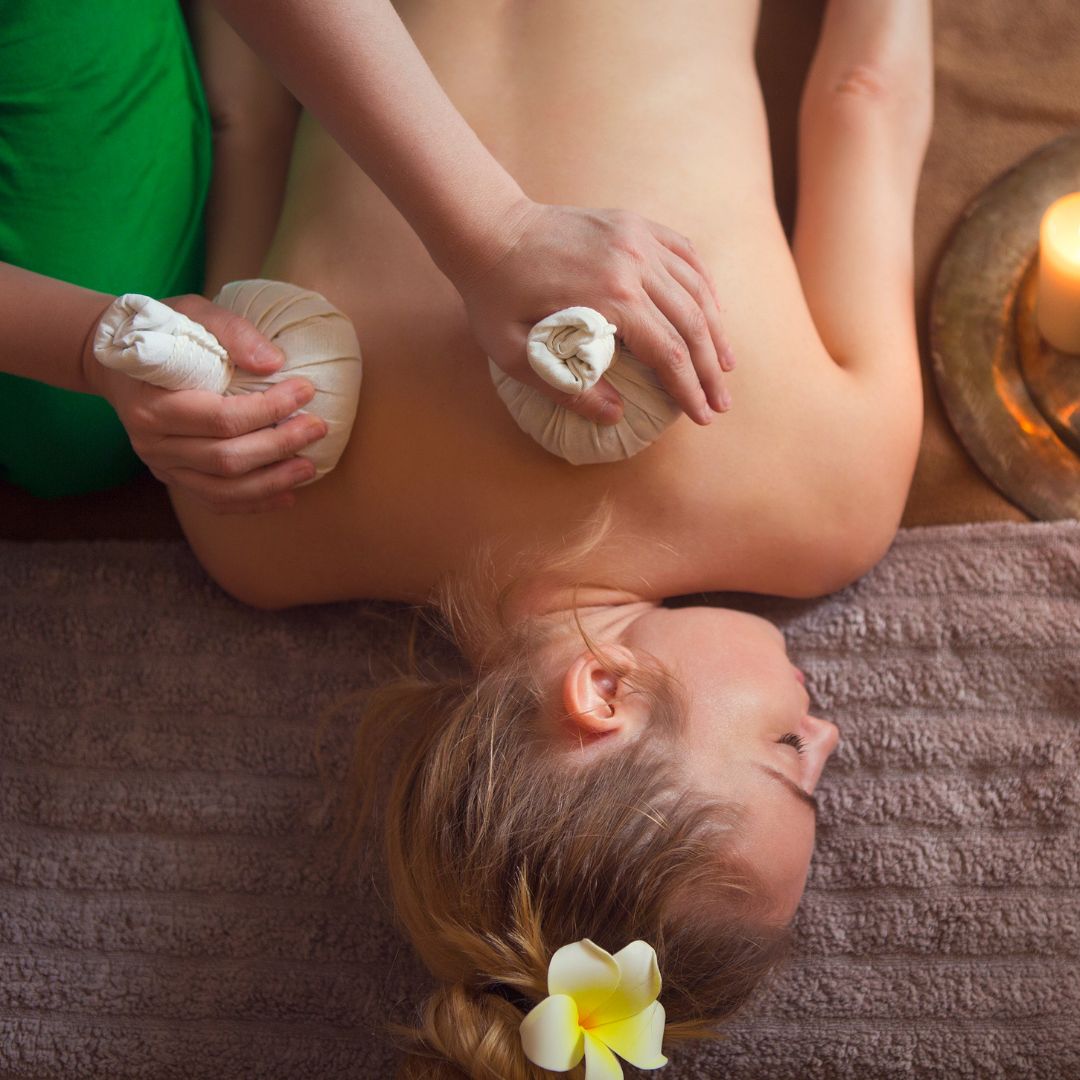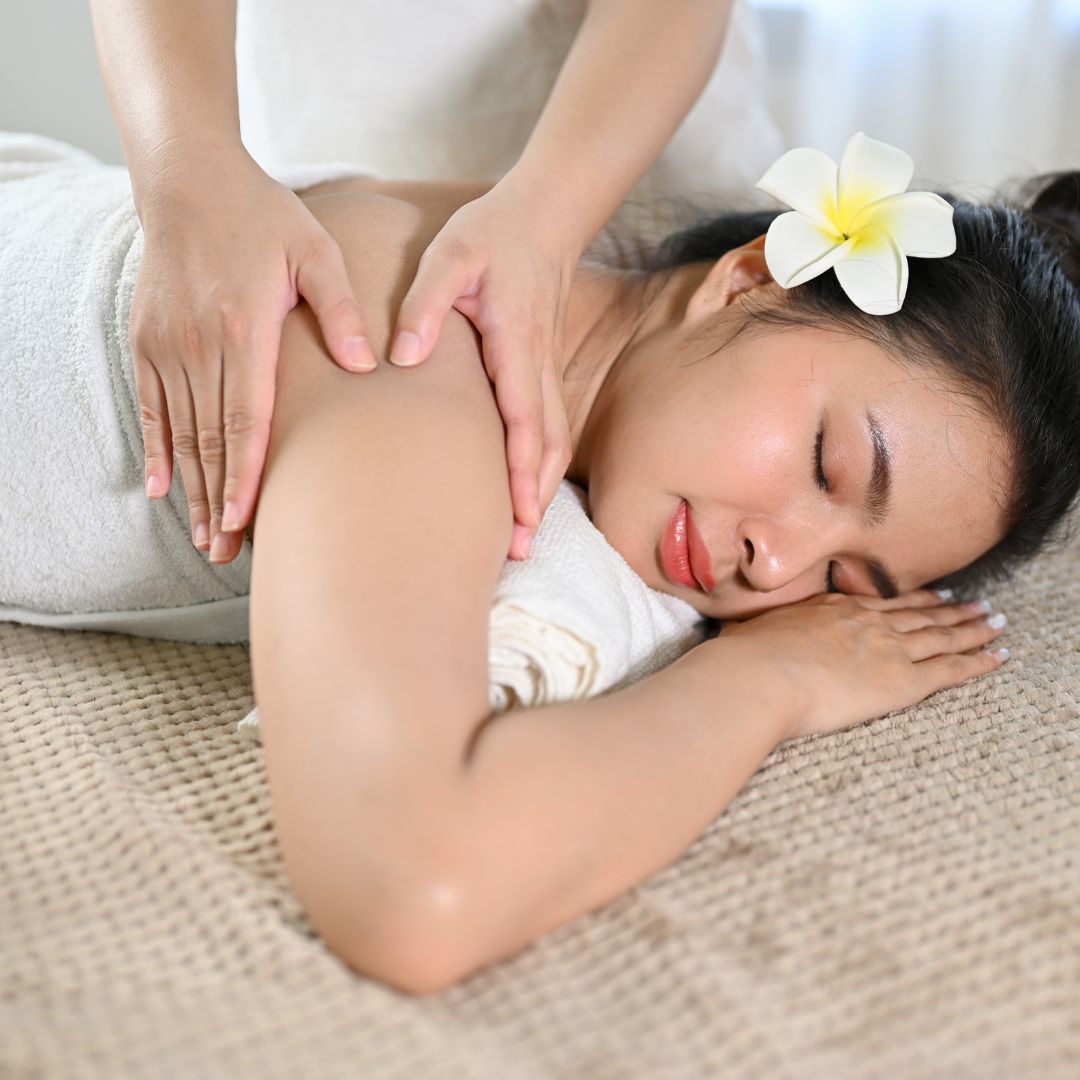Aromatherapy, the use of essential oils for therapeutic purposes, has long been a key feature in Thai spas, adding a layer of relaxation and healing to traditional Thai massage and spa treatments. It combines natural scents and plant-based oils to enhance physical and mental well-being. The integration of aromatherapy into Thai spa treatments offers a range of benefits, making it a popular choice for spa-goers. Here's a look at the many ways aromatherapy can benefit those who indulge in Thai spa services:
1. Enhances Relaxation and Stress Relief
One of the primary benefits of aromatherapy in Thai spas is its ability to promote relaxation. Essential oils, such as lavender, chamomile, and sandalwood, are known for their calming effects. When combined with traditional Thai massage techniques, these oils help to reduce stress, lower heart rates, and ease muscle tension. The soothing scents create a peaceful environment, making it easier for individuals to unwind and escape from the stresses of daily life.
- Lavender: Known for its relaxing properties, lavender oil is often used to calm the mind and reduce feelings of anxiety.
- Sandalwood: This woodsy fragrance is known to induce a sense of peace and grounding.
2. Improves Mood and Mental Clarity
Aromatherapy can also significantly improve mood and mental clarity. Essential oils like peppermint, citrus, and rosemary are often used to invigorate the senses, sharpen focus, and boost mental energy. These oils are ideal for those seeking a mood lift or a mental boost. By stimulating the limbic system (the part of the brain responsible for emotions and memory), aromatherapy can help improve mood and increase mental clarity.
- Peppermint: Known for its refreshing and invigorating properties, peppermint oil can help clear the mind and enhance concentration.
- Citrus Oils (e.g., lemon or orange): Uplifting and energizing, citrus oils can have a positive effect on mental well-being and reduce symptoms of depression.

3. Supports Physical Healing and Pain Relief
Aromatherapy is often used in Thai spas to enhance the healing properties of massage therapy. The therapeutic oils used in aromatherapy can provide relief from muscle pain, stiffness, and joint discomfort, all of which are common issues addressed in Thai massage. Oils like eucalyptus, ginger, and peppermint are known for their anti-inflammatory and analgesic (pain-relieving) properties, helping to alleviate physical discomfort during and after a treatment.
- Eucalyptus: This oil is commonly used to relieve respiratory issues and muscle pain due to its soothing and anti-inflammatory effects.
- Ginger: Known for its warming properties, ginger oil helps reduce inflammation and relieves muscle soreness.
4. Promotes Better Sleep
Aromatherapy can play a significant role in improving the quality of sleep. Essential oils like lavender, ylang-ylang, and valerian root are known for their sedative effects, which can help individuals relax deeply and fall asleep more easily. In a Thai spa, these oils may be incorporated into massages or diffused into the air during treatments to help create a peaceful environment conducive to restful sleep.
- Ylang-Ylang: Known for its calming effects, ylang-ylang helps to reduce anxiety and is often used to promote better sleep.
- Valerian Root: A powerful sedative, valerian root oil is excellent for calming the nervous system and enhancing sleep quality.
5. Detoxification and Skin Care
Certain essential oils are particularly effective in promoting skin health and detoxification. For example, oils like tea tree, lemongrass, and frankincense have antiseptic and cleansing properties that help detoxify the skin, remove impurities, and promote a clear complexion. When used in Thai spa treatments, these oils can support the body’s natural detoxification processes, leaving the skin feeling rejuvenated and fresh.
- Tea Tree Oil: Known for its antibacterial properties, tea tree oil is commonly used to help with acne and other skin conditions.
- Lemongrass: This oil is great for purifying the skin and can also help relieve muscle aches and tension.
6. Enhances the Spa Experience and Creates a Sensory Escape
Aromatherapy plays a vital role in creating a holistic spa experience by engaging the senses. The use of fragrant essential oils in a spa environment elevates the sensory experience, making it more immersive and relaxing. The soothing scents help to create an atmosphere of tranquility, further enhancing the physical relaxation achieved through massage and other spa treatments. This sensory escape helps clients fully disconnect from the outside world.
- Rose: Used for its calming and soothing scent, rose oil is often employed to create a luxurious and calming atmosphere.
- Jasmine: Known for its exotic and floral fragrance, jasmine oil is frequently used to promote relaxation and balance the emotions.
7. Boosts Immune Function
Certain essential oils are believed to support immune function, making them a great addition to spa treatments aimed at boosting overall health and vitality. Oils like eucalyptus, tea tree, and frankincense are commonly used for their antimicrobial and immune-boosting properties. Incorporating these oils into Thai spa treatments can help support the body’s defenses, promoting better overall health and wellness.
- Tea Tree Oil: This oil is known for its powerful antimicrobial properties, which help boost immunity and combat infections.
- Frankincense: Often used in aromatherapy to promote mental clarity, frankincense also has immune-boosting and anti-inflammatory properties.
8. Fosters Emotional Healing
Aromatherapy is not just about physical relaxation—it can also promote emotional healing. Essential oils like rose, chamomile, and clary sage are often used in Thai spa treatments to help individuals work through emotional blockages and promote a sense of inner peace. These oils help balance the nervous system, reduce emotional tension, and foster a sense of calm.
- Chamomile: Known for its calming and anti-inflammatory properties, chamomile is ideal for calming emotions and promoting relaxation.
- Clary Sage: Often used to balance hormones and improve emotional well-being, clary sage has a grounding effect that helps soothe anxiety and tension.

9. Personalized Treatments
One of the unique aspects of aromatherapy in Thai spas is the ability to customize treatments based on individual needs. Many spas offer personalized aromatherapy blends tailored to the client’s health concerns, preferences, and emotional state. By working with skilled therapists, clients can receive treatments that are specifically designed to meet their physical, emotional, or mental needs.
Conclusion
Aromatherapy enhances the traditional Thai spa experience by providing a natural, holistic approach to wellness. With its ability to improve relaxation, mood, physical healing, sleep quality, and skin health, aromatherapy offers a variety of benefits that align perfectly with the restorative treatments typically found in Thai spas. Whether you’re seeking stress relief, pain management, or a boost to your emotional well-being, aromatherapy is an excellent addition to any spa treatment, providing both therapeutic and indulgent benefits. Integrating these scents and oils into your spa visits can help you achieve a deeper level of relaxation and rejuvenation, making your experience more transformative and enjoyable.

